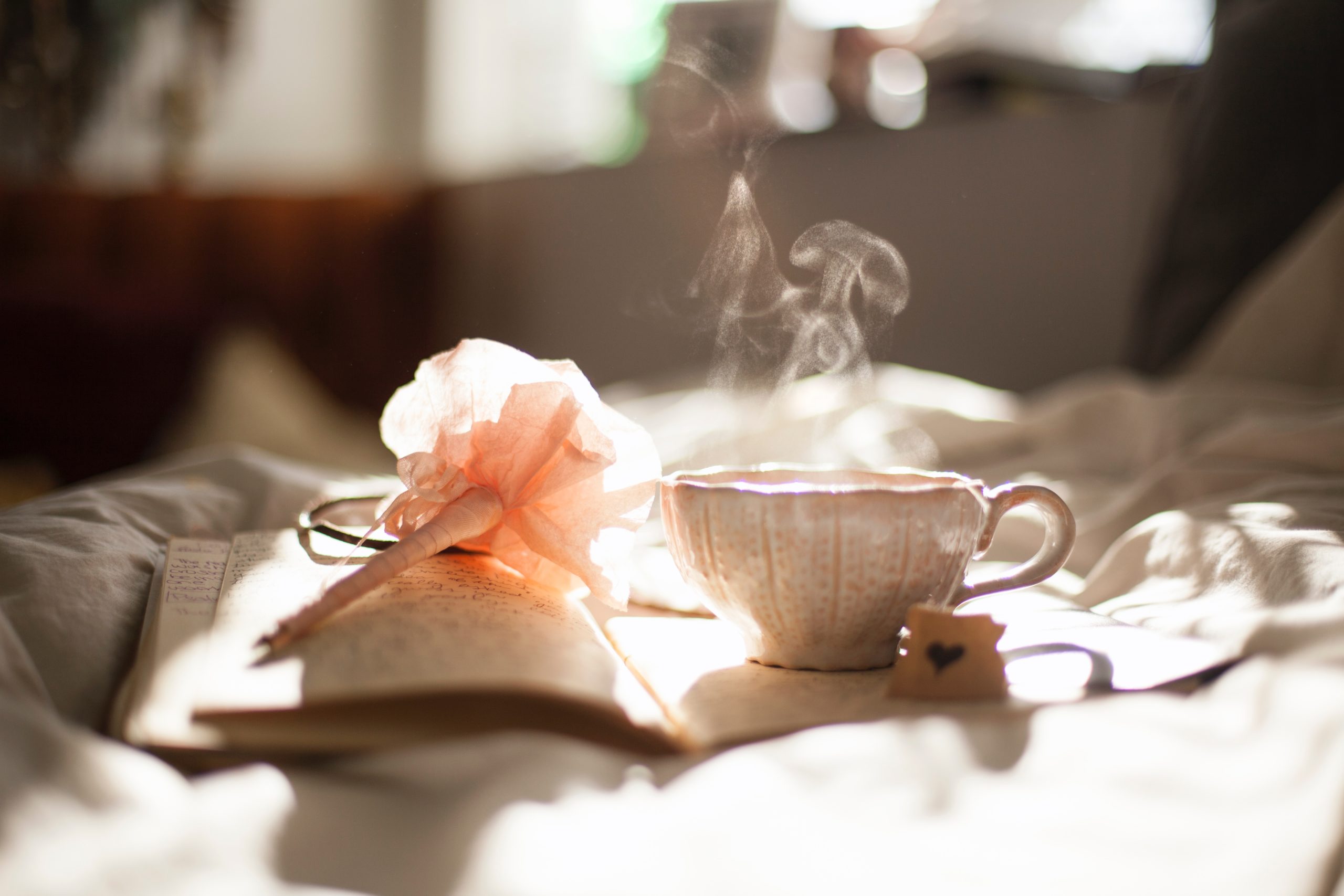Have you noticed that as you grow older you need to spend more time taking care of yourself? You may invest in some anti-aging skin products for a younger-looking complexion. You may take a look at your diet and try to eat more healthily. Have you ever given any thought though to how your sleep patterns may affect your health and appearance as you grow older? Let’s have a look at the amount of sleep you need, what may be stopping you from sleeping well, and how you can improve your sleep naturally.
How Much Sleep Do You Need?
The UCLA Sleep Centre states that, on average, most adults need between seven and eight hours sleep per night. The problem with getting older is that it becomes harder to sleep for one long stretch of time. You may find that you wake up at the slightest noise, and then find it difficult to go back to sleep. There’s also that regular 3am trip to the bathroom to deal with.
The obvious impact of not getting enough sleep is that you feel tired, and that never feels good. You can be irritable, drowsy, unable to concentrate, forgetful and more susceptible to accidents. Perhaps more concerning is that, as well as affecting your mood, a lack of sleep can place significant strain on the immune and cardiovascular system which can make you more susceptible to illness and disease.
[Sleep can be hard to come by. To go to sleep, perhaps you have to first wake up. Try some hard workouts during the day. Need an energy boost? Try some all natural energy boosters in the morning, and then couple it with a vigerous workout.]
What Causes Sleep Problems As We Age?
There are several factors that can lead to sleep problems as you get older. It’s common for older adults to have less deep sleep and more shallow sleep throughout the night. Sleep problems may also be caused by changes in body temperature, and illness and the medication that you may be taking for it. Perhaps you are dealing with difficult emotional or psychological issues such as depression or anxiety which make it hard to go to sleep. There may also be lifestyle issues such as diet and activity levels that can have an impact on sleep.
How Can You Improve Your Sleep?
There are several steps that you can take towards healthy sleep as you age. If you are having trouble sleeping there are things that you can do to help you fall asleep naturally without immediately reaching for medication. In fact, sleep researchers at Penn State found that taking medication to treat insomnia may actually increase the risk of falls for older adults. If you want to tackle sleep problems naturally, there are a few things that may help.
First and foremost, pamper yourself before you head off to dreamland. Natural and calming balms and creams filled with herbal extracts will not only make your skin glow, but will also help you relax.
Other practical ways include going to bed and getting up at the same time everyday, even on weekends and holidays, to reinforce your body’s sleep regulation system. Then, during the day, make sure that you are physically active and taking the proper amount of nutrients. Taking some exercise outdoors will also mean that you are exposed to sunlight, which is another key component in getting a good night’s sleep. Before you go to bed, spend some time winding down. Have a relaxing soak in the bath or listen to some calming music.
Whilst your sleep patterns may change as you get older, it’s still important to get enough good quality sleep to stay happy and healthy. Some of the suggestions above may help you to fall asleep naturally and wake refreshed and ready for the day ahead

